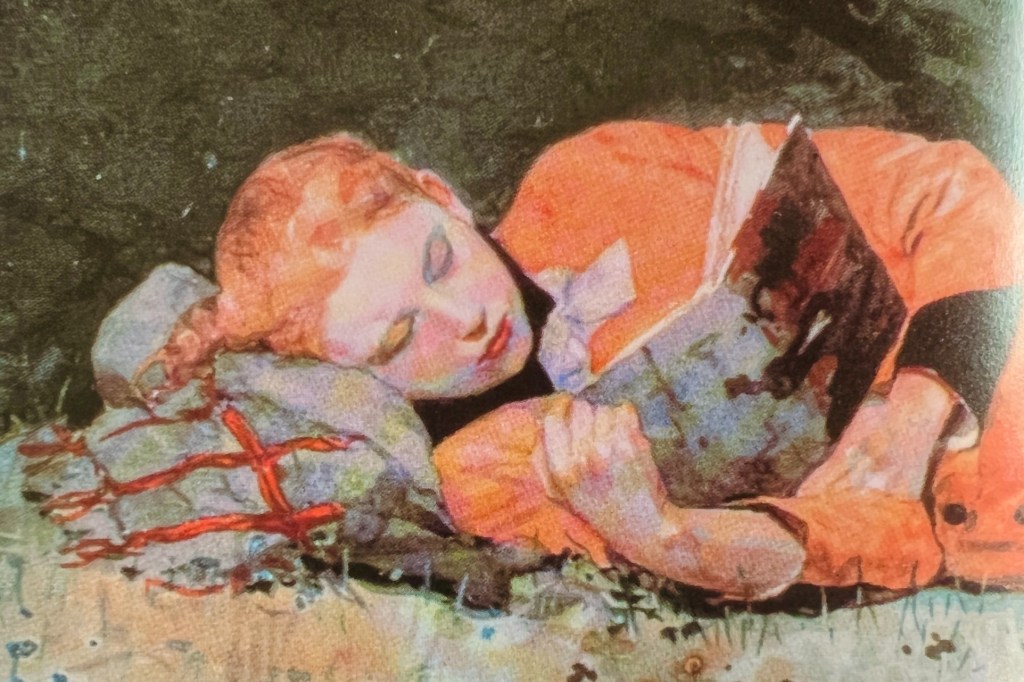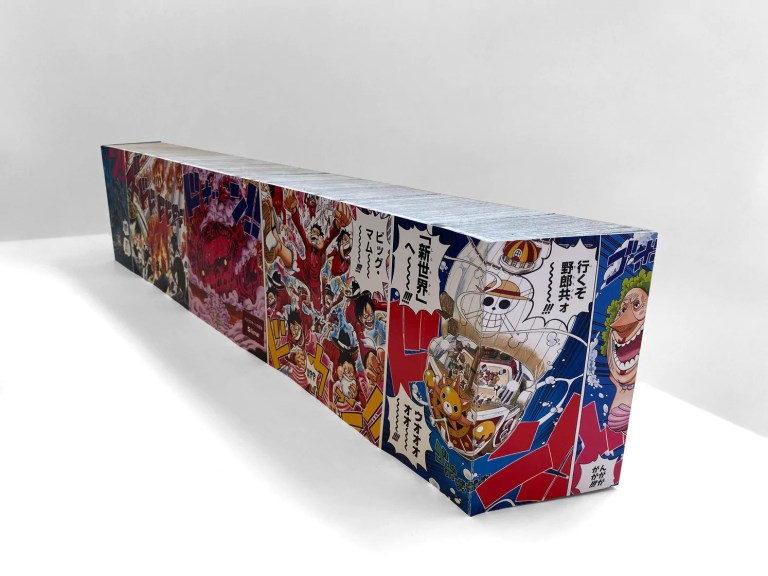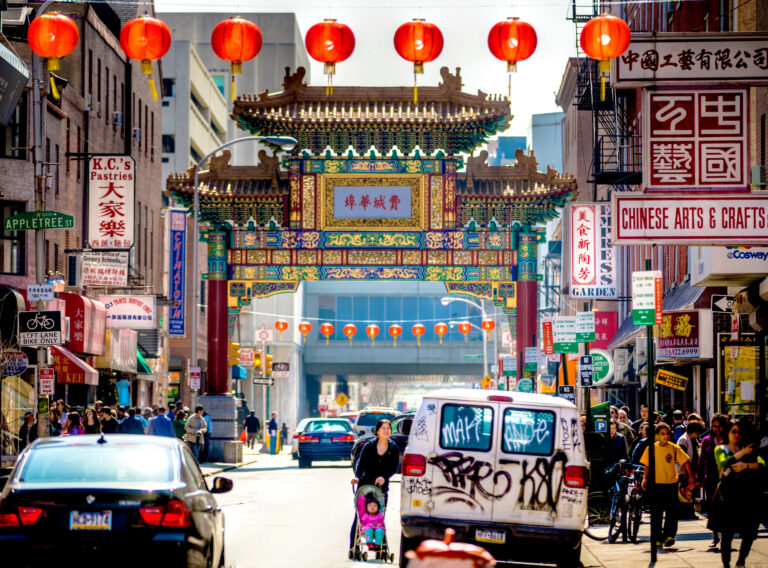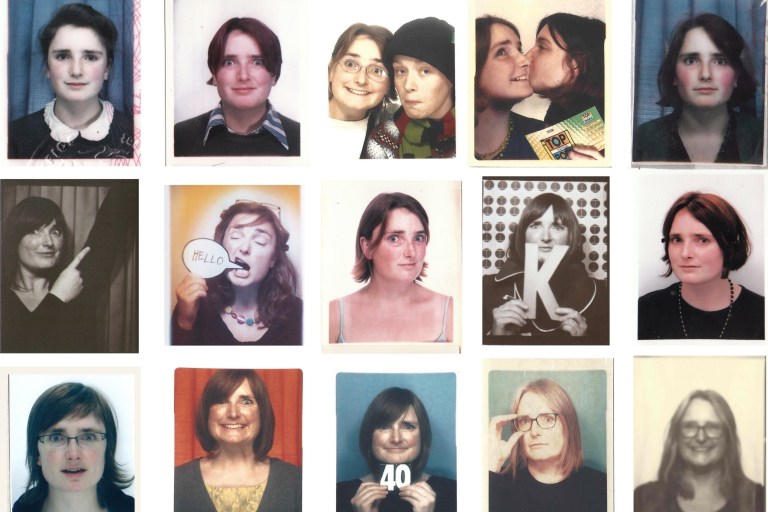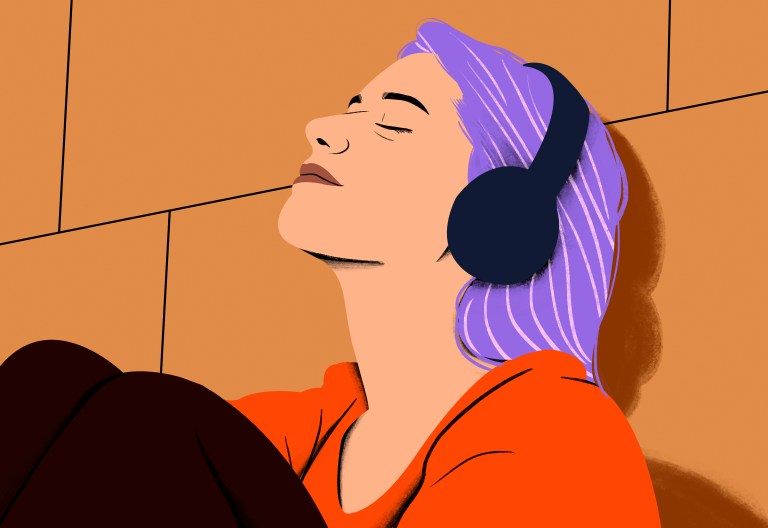“Have you ever felt like your life was too boring or ordinary to be considered beautiful?” asks content creator Gigi MW in a YouTube video posted last June. The narration continues over shots of the young woman going about her day. She goes on: “Some of the most beautiful moments are hidden in the mundane if you just take the time to notice them.”
Her video is one example out of thousands extolling the virtues of “romanticizing your life,” a concept that exploded in popularity during the dark days of the pandemic. The idea is that when you take time to revel in simple rituals, like making breakfast or driving to work, the beauty you’d otherwise miss reveals itself.
The trend’s origins are widely credited to Ashley Ward, who posted a video to TikTok in May 2020 that has since clocked over 3 million views. “You have to start romanticizing your life,” Ward urges in the post. She goes on to insist viewers must also think of themselves as the “main character,” another idea that has woven its way into the digital cultural zeitgeist.
@ashlaward Take a second and listen #fyp #foryou #aesthetic #lovelife #drone background song: @hannah_harpist
♬ A Moment Apart – ODESZA – Ashley Ward
Today, countless social posts demonstrate ways to embrace a romanticized existence, featuring such scenes as wildflower field frolics and candlelit reading nooks. Not everyone sees the value in the notion, though — particularly the related encouragement to chase metaphorical stardom rather than seeking a role on a strong ensemble cast.
One writer who produces the Substack Sincerely, Morgan and readily admits she “loves criticizing trends” takes umbrage at the apparent suggestion that one should “pretend life is great, even if it isn’t.” But that take may be unfair to the concept’s overall essence, which, as said writer also points out, is in reality related to previous philosophical notions — just wrapped up in shiny new paper.
As The New York Times reported in 2022, the idea of romanticizing your life is similar to concepts like hygge, the Danish tradition of taking time away from the push and pull of life to celebrate its small joys, and mindfulness, the practice of intentionally being present in the here and now. It’s also akin to savoring, a positive psychology concept that emerged in the early aughts.
And per Ward, rather than sweeping the bad under the rug, “it’s being positive about the things that life has to offer, regardless of whether the circumstance is what you imagined or wanted,” she told the outlet. “You can’t control everything in your life, but you do have control of how you view your situation.”
Even the “main character energy” aspect may have unfairly gotten a bad rap, according to psychologist Sherry Turkle. “A main character has a full sense of agency, and what the pandemic took away from us was that sense of agency,” Turkle, who is also a professor at the Massachusetts Institute of Technology and researches people’s relationships with technology, explained to the Times.
The trend hasn’t yet reached the realm of sociological research, but if romanticizing your life is a social media-age incarnation of mindfulness and savoring, then one could hope to enjoy somewhat similar benefits to the ones said practices offer — namely, things like reducing stress and increasing life satisfaction, respectively.
Rachel Hoffman, a licensed clinical social worker, believes homing in on life’s simple pleasures has the potential to boost gratitude and increase joy, especially when those pleasures are truly simple.
“The #romanticizeyourlife TikToks I love most are the ones where people post, ‘I have 10 minutes in the morning and I use it to read’ or ‘I take a few minutes out of my day to journal’ — small, attainable things,” she told Self.
Indeed, much of the more overtly aesthetic footage of influencers belies the real accessibility of the concept. You don’t have to look, dress, or act any one way to take part. It doesn’t require purchasing a floral dress or expensive candle; you can romanticize life by playing moving music while getting ready in the morning, donning your favorite outfit for a solo dinner at home, writing your to-do list in ornate cursive rather than in the notes app on your phone.
“Wind surprises around your routine like golden threads,” suggests journalist Hannah Connolly in an article for Cosmopolitan U.K. featuring 40 suggestions for romanticizing your life. “Surprise your best friend with her favorite cookie, or your mum with daffodils, or your partner with waffles on a Sunday morning. Planning things for other people is one of the best ways to feel alive.”
Another bit of advice on her list? “If in doubt, bake banana bread.”
